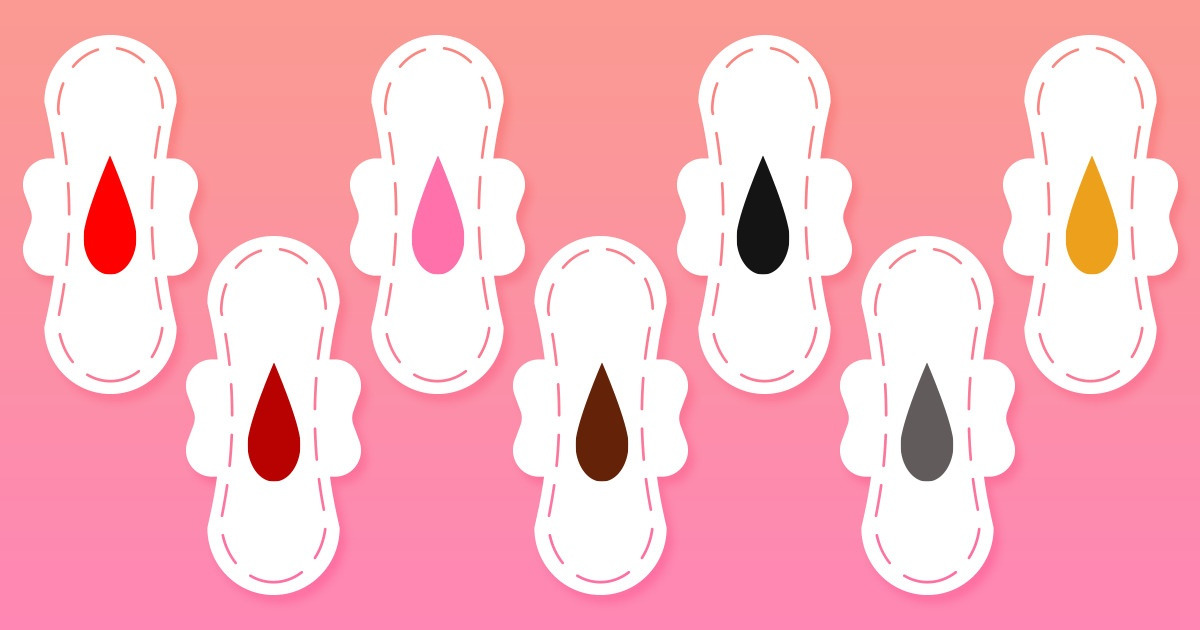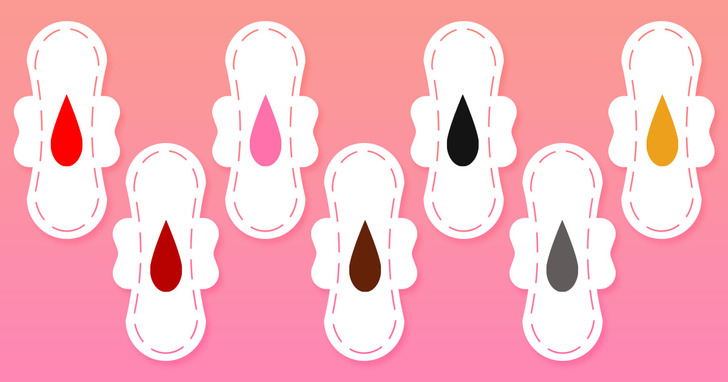10+ Answers to Your Top Period Questions You Always Wanted to Know

The menstruation cycle is a natural process of life. But many of us have endless questions at the back of our minds. Luckily, most of these doubts can be quickly resolved with just a bit of information from the experts. We compiled common questions and answers that are all about periods. Scroll through to find out more.
❗Important: This article has been created for informative purposes only and does not replace medical advice. Consult a doctor for proper guidelines regarding period-related questions and issues.
1.
💡Answer: Dark chocolate can relieve menstrual cramps since it has high magnesium content, which encourages muscle relaxation and prevents the production of compounds that lead to cramps. At the same time, dark chocolate has copper, which may also help. However, candy with artificial sugar doesn’t ease period cramps, but conversely, it can make you feel worse.
2.
💡Answer: Sharks have a strong sense of smell, which permits them to find prey even when they’re very far away. Even though menstrual fluids could be detected by sharks, there’s no evidence that they play a role in shark bites.
3.
💡Answer: Yes. Since ovulation cycles can vary, you might still get pregnant while menstruating. While there are fewer chances that pregnancy can happen in the earlier days of a period, the possibilities increase over the later days.
4.
💡Answer: Many women experience premenstrual syndrome, which can be a hint that their period is about to start. Some of the symptoms of this syndrome are abdominal bloating and cramping, back pain, acne or pimples, changes in appetite, headaches, changes in sleep patterns, anxiety, irritability, food cravings, fatigue, feelings of apathy or sadness, and difficulty focusing.
5.
💡Answer: Yes. When you’re under stress, your body releases cortisol, which could affect the interaction between the hypothalamus, the pituitary gland, and the ovaries, leading to irregular periods. Depending on how your body handles stress, this hormone may result in a delayed or light period or no period whatsoever. Moreover, if you continue to be stressed, you might not have your period for a long time.
6.
💡Answer: Yes. Gaining around 3 to 5 pounds during menstruation is considered normal. These will disappear a few days after the period begins. Weight gain can be caused by different factors, such as hormonal fluctuations, overeating, sugar cravings, water retention, and skipping physical activity due to cramps. Bloating and stomach issues could also create a sense of weight gain.
7.
💡Answer: Yes. It’s safe and may relieve some menstruation-related symptoms. You can also take a shower if you don’t like the idea of soaking in a bathtub while releasing period fluids.
8.
💡Answer: No. You should change tampons every 4 to 8 hours. You should never leave a tampon in for more than 8 hours.
9.
10.
💡Answer: No, you cannot stop menstruation once it begins.
11.
💡Answer: No. There is no specific age to start using tampons. If a teenager wants to use them, they can start to do so as soon as they get their first period.
12.
💡Answer: Yes. There’s no reason why you should avoid physical activity when on your period. However, you may want to decrease intensity if you’re not feeling well while exercising.
13.
💡Answer: There is no scientific proof that sanitary products, such as pads or tampons, can make your period shorter.
14. “Why do I see different blood colors during my period?”

You’ve probably noticed that the blood colors may differ monthly or daily during your period. Although it’s normal to see the color change from bright red to dark red, brown, or orange, some colors, like gray, could be a reason to see your doctor. Different colors give hints about how much time it takes for the blood to leave the uterus. Let’s learn about each one of them.
- Black means the blood stayed too long in your body, just like the old brown blood. It could also be caused by other things, like forgotten objects, an infection, or some pregnancy-related issues. Therefore, consult with your doctor.
- Brown or dark brown blood means the beginning or end of the menstrual period. When blood flow is slow, menstrual blood takes too long to leave the body, thereby staying in the uterus and turning brown.
- Dark red may mean the blood stayed in your body too long and oxidized. It’s usually seen toward the end of the period because the blood flow slows down then.
- Bright red means the blood is still fresh and flowing steadily, and it’s the heaviest day. Your blood may stay this color until the end of your period or turn darker as the flow slows.
- Light pink blood is seen at the end of your periods or on the days the flow is light. It may be because your cervical fluid gets mixed with your period blood, giving it a light pink color.
- Orange blood happens when period blood and cervical fluid are mixed. Infections may also cause this, so consult with your doctor.
- Gray blood could be a reason for many things, therefore, it’s best to see your doctor. The most common cause of gray blood is usually infection.
What’s the most curious question you’ve heard asked about periods? Tell us in the comments below!












